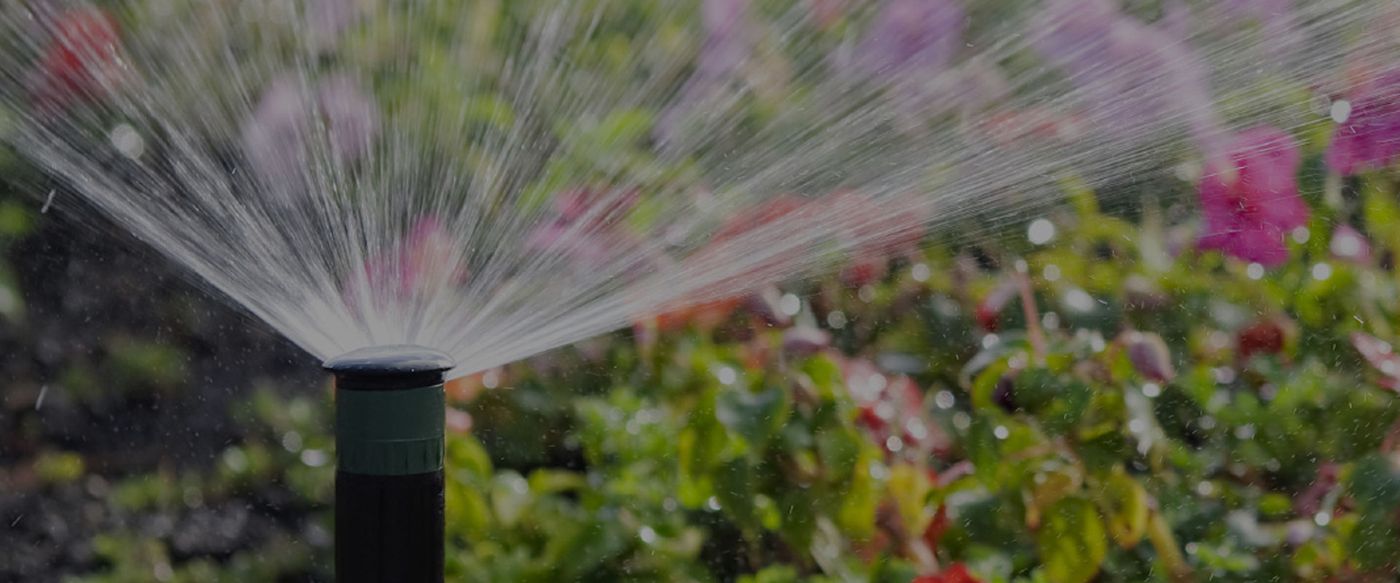
Water Conservation through Smart Irrigation
Stirling Electric & Irrigation
As of June 21st, the City of Houston enacted Stage One of the Drought Contingency Plan due to extreme temperatures and dry weather conditions. This stage recommends voluntary reduction of outdoor watering to two days per week until conditions improve. If drought conditions continue possible advancement to a mandatory reduction will be implemented by the City of Houston.
While reducing watering frequency might not work for your landscape, we encourage you to take part in water conservation efforts through responsible irrigation practices that enhance your landscape. See below for recommendations on how you can be smarter with your irrigation system and conserve water during the drought.
Routine Professional Irrigation Inspections
Checking your irrigation system for any leaks, and making necessary repairs can reduce water waste by 10 percent or more.
Click to Schedule a Service Appointment
Smart Controllers
Replace traditional irrigation timers with cloud-based Smart Controllers to maintain plant health with the least amount of water possible, based on real time weather data.
Flow Sensors
A flow sensor measures your irrigation water use and flow and can work with an irrigation controller to: Stop sprinkler geysers; Alert you to broken pipe and other leaks; Prevent plant loss from over or under watering; Measure and monitor irrigation water use.
Drip Irrigation Where Appropriate
Use drip irrigation for direct water application around plants instead of overhead sprinklers to avoid wasting water through wind-driven spray and water runoff.
Install Pressure Regulated Heads
Old and outdated irrigation systems have sprinkler heads that only have one pressure level, and that is high. But even a small reduction in water pressure can conserve a lot of water. With appropriate water pressure, you get a more effective, consistent stream of water so you can operate the system for a shorter period of time.
